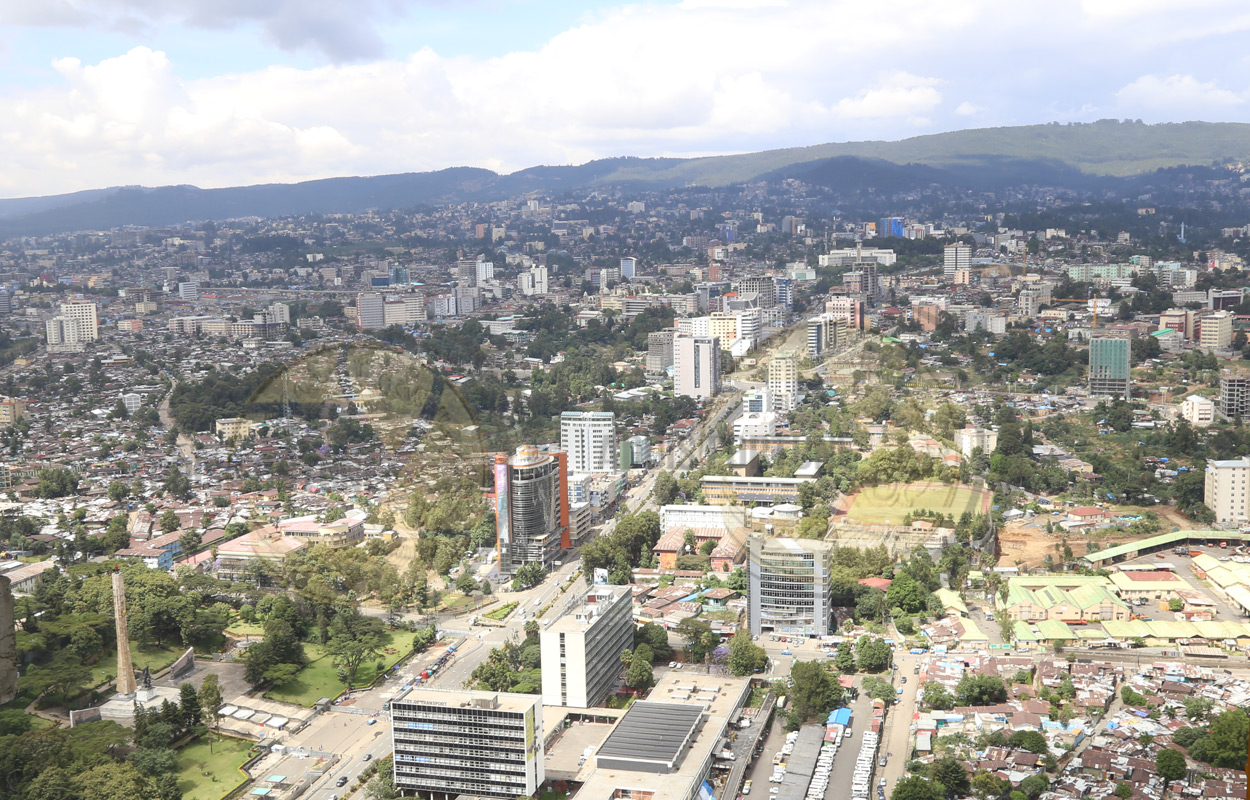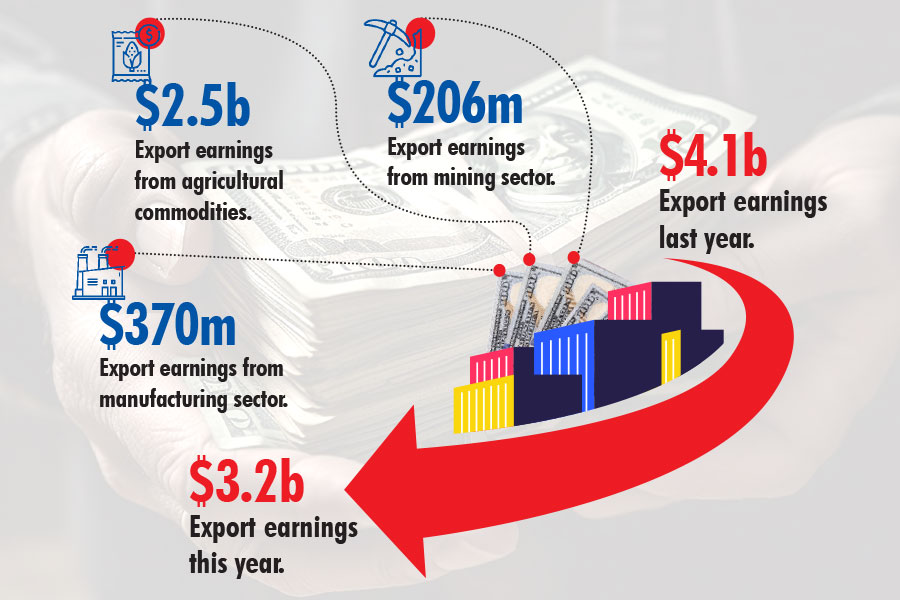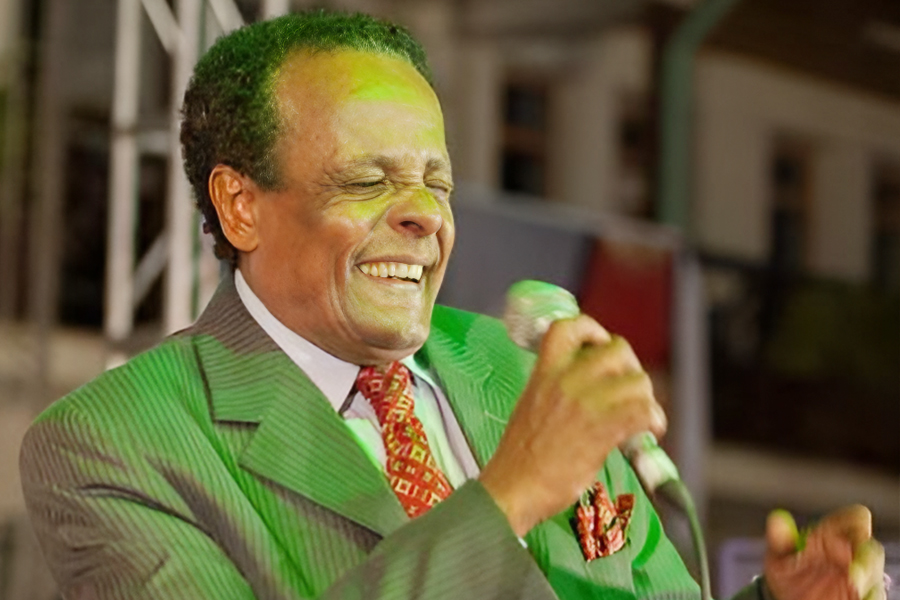
Viewpoints | Dec 23,2023
Jun 20 , 2020
By Christian Tesfaye
With every political epoch, it has been proven that the existence of strong opposition within the Ethiopian state is an unsustainable arrangement. The same goes for the post-2018 period, where violent clashes between government forces and opposition groups have increased and a worrying escalation of rhetoric with the government of the Tigray Regional State has taken centre stage.
It seems that Ethiopia's social and cultural infrastructure is rejecting plurality once more. No surprises here. All we had to do was look at the history of our politics, and the behaviour of our political elite, the latter of which has rarely ever had a commitment to democracy, despite what they preach.
Thus, in a state that has perpetually failed to entertain competing ideas and identities, how should the opposition fight back? What are the choices when, at the very least, an informed middle class needs to develop before democracy can be made to work?
Our political elite lacks imagination, so this answer has been a violent overthrow of the status quo - it is the default option. The most revolutionary thing to do, after all, is getting rid of those deemed to be oppressive. The sooner, the better.
There is only one problem with citizens or the state taking the path of political violence – a great many lives have to be sacrificed. Even in the instance of victory, it comes at the expense of many young people that have to be roused into going against the instruments for the state's monopoly of violence.
How many lives should be sacrificed to justify the freedom of the many, and how many lives are too many to secure certain democratic and political rights?
This is assuming victory.
How many martyrs before too many have died to justify a movement for representation, democracy or freedom? Or is there no end in sight? What if what is being fought for is the dignity of a people? Is any number of lives too many for the emancipation of, say, enslaved people and the securing of a better, freer future for their descendants?
The idea of sacrifice is such a highly valued concept, thanks to our religious and cultural traditions, that political violence is believed to be an appropriate response to perceived oppression.
Indeed, in hindsight, many of the most memorable instances of political violence seem to have been for the better. Take the American Revolution, which despite its shortcomings did prove to the world that democracy indeed is possible. Take World War II, fought to tear down a murderous totalitarian regime, Nazi Germany, or the Battle of Adwa, which was violence to secure independence against the yoke of colonialism.
The thousands of lives lost to win the war were a justifiable sacrifice for the sake of securing Ethiopia's sovereignty, right? The alternative would have undoubtedly cost more lives, led to the loss of languages and widely practised cultures, right?
When the alternative seems to have worked to our advantage, it seems almost impossible to deny that political violence was justifiable.
But is this always the case? What about the October Revolution, which led to the abolition of Tsarist autocracy and ushered in one of the cruelest regimes the world has ever seen, the Soviet Union?
These are questions that were asked when it became possible to better document the ugliness of war and challenge the narratives of rosy and justifiable uses of political violence throughout the 20th century, although the idea of pacifism dates many centuries back. It has found greater currency as the costs of war and armed struggle became harder to swallow owing to the advancement of military weapons.
The response has been a relatively wider acceptance of non-violent resistance. Its early proponents have been the likes of Henry David Thoreau, whose articulation of civil disobedience is indispensable and has influenced Mohandas Gandhi and Martin Luther King Jr. It rests on the argument that people participate in the perpetuation of the machine of the state, and could get its attention by, for instance, refusing to pay taxes or holding sit-ins.
No doubt, this is not a comprehensive enough answer to the dilemma at hand. It is one thing to use non-violent means of resistance against the state that may be restricting political and democratic rights. The Civil Rights Movement took a decade if we count from the protest that led to the US Supreme Court ruling that judged segregation of public institutions of education unconstitutional in 1954 to the passing of the Civil Rights Act of 1964, which banned discrimination based on race, colour, sex or religion.
It is quite another thing when time is of the essence, and the state is actively trying to get rid of citizens it deems undesirable, as in Nazi Germany's systemic murder of millions of Jews.
There is no universal way of governing when political violence is to be used. But a rule of thumb is to err on the side of caution. This goes for Ethiopia as well, whose diverse groups have had a propensity for resorting to violence. Its use in fighting off oppression may not always be a bad thing but only in extremely rare circumstances is it the best option.
PUBLISHED ON
Jun 20,2020 [ VOL
21 , NO
1051]


Viewpoints | Dec 23,2023

Fortune News | Dec 05,2018

Viewpoints | Dec 10,2018

Viewpoints | Jan 05,2019

Commentaries | Jun 17,2023

Radar | Oct 26,2019

Fortune News | Jul 01,2023

Obituary | Mar 02,2024

Viewpoints | Apr 13,2019

Commentaries | Oct 02,2021

Photo Gallery | 175665 Views | May 06,2019

Photo Gallery | 165885 Views | Apr 26,2019

Photo Gallery | 156271 Views | Oct 06,2021

My Opinion | 136838 Views | Aug 14,2021

Dec 22 , 2024 . By TIZITA SHEWAFERAW
Charged with transforming colossal state-owned enterprises into modern and competitiv...

Aug 18 , 2024 . By AKSAH ITALO
Although predictable Yonas Zerihun's job in the ride-hailing service is not immune to...

Jul 28 , 2024 . By TIZITA SHEWAFERAW
Unhabitual, perhaps too many, Samuel Gebreyohannes, 38, used to occasionally enjoy a couple of beers at breakfast. However, he recently swit...

Jul 13 , 2024 . By AKSAH ITALO
Investors who rely on tractors, trucks, and field vehicles for commuting, transporting commodities, and f...

Oct 18 , 2025
The political establishment, notably the ruling party and its top brass, has become p...

Oct 11 , 2025
Ladislas Farago, a roving Associated Press (AP) correspondent, arrived in Ethiopia in...

Oct 4 , 2025
Eyob Tekalegn (PhD) had been in the Governor's chair for only weeks when, on Septembe...

Sep 27 , 2025
Four years into an experiment with “shock therapy” in education, the national moo...

Oct 18 , 2025 . By NAHOM AYELE
In a sweeping reform that upends nearly a decade of uniform health insurance contribu...

A bill that could transform the nutritional state sits in a limbo, even as the countr...

Oct 18 , 2025 . By SURAFEL MULUGETA
A long-planned directive to curb carbon emissions from fossil-fuel-powered vehicles h...

Oct 18 , 2025 . By BEZAWIT HULUAGER
Transaction advisors working with companies that hold over a quarter of a billion Bir...